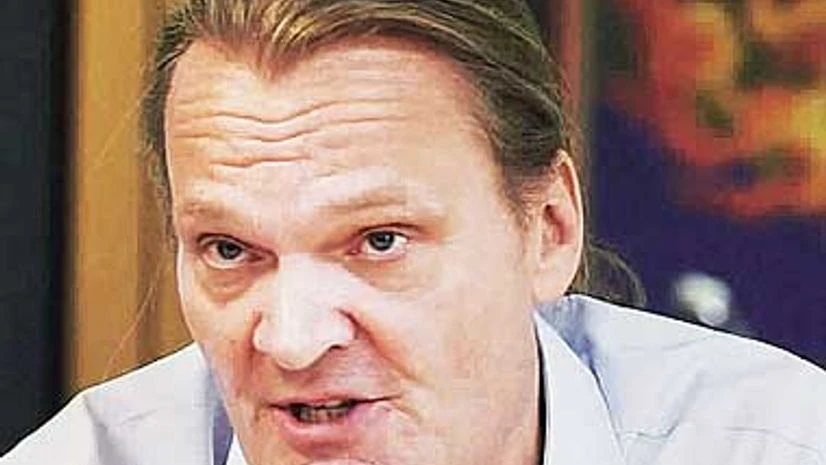The World Bank on Monday released its assessment of the progress on the reforms undertaken by Indian states to improve the ease of doing business. These reforms were aimed at "increasing transparency and improving the efficiency and effectiveness of various government regulatory functions" and "simplifying regulatory burdens on business", said the report.
The process had begun on December 29, 2014, when the chief secretaries of states finalised a 98-point action plan containing measures to improve the ease of doing business. It was, then, decided the progress on achieving these parameters would be evaluated by June 30, 2015.
In April 2015, a draft of the assessment framework, based on the 98-point reform framework, was prepared and shared with states / Union territories (UTs) to obtain their feedback and inputs. The assessment period for measuring progress on reforms implemented by states was fixed from January 1 to June 30, 2015.
Also Read
The assessment framework was designed to capture the implementation status of various factors that would improve ease of doing business across eight parameters - setting up a business; allotment of land and obtaining construction permit; complying with environment procedures; complying with labour regulations; obtaining infrastructure-related utilities; registering and complying with tax procedures; carrying out inspections; and enforcing contracts.
"What this report does very well is to provide a road map for states serious about improving their business environment and creating jobs. This has an inclusive objective as it is the small and medium enterprises which will gain the most from these reforms," said Onno Ruhl, World Bank's India director.
| HOW THE REPORT WAS WORKED OUT |
|
After receiving inputs from states, where necessary, changes were made to finalise the assessment framework. Every factor was given equal weight. The next step entailed obtaining responses from states / UTs on the implementation status of various factors outlined above. An online platform was provided to facilitate submission of their responses. "The final assessment framework was shared with states / UTs in the first week of June 2015 for obtaining their responses along with relevant supporting material," said the report.

)
